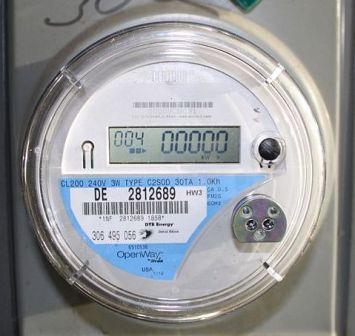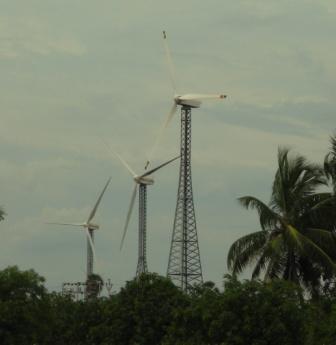EU waves ‘Goodbye’ to halogen light bulbs
On the 1st of September, 2018, Europe bans halogen light bulbs that lit our homes for 60 years or more. The lights will lower for halogen even though closing stocks can be sold. Also, capsules, low voltage incandescents, and linear are exceptions.

The adaption to light-emitting diodes has offered a myriad of benefits including the slash in energy bills according to campaigners and experts.
The banning of halogen light bulbs has saved one-fifth of energy that it was consuming.
LED bulbs prevent 15 tons and more carbon emission per year, this is equal to Portugal’s electricity usage per annum. Philips, the lighting manufacturer approximates that around £112 is saved by consumers per annum after the adaption of LED. The LEDs are durable and less-power consuming.
Still, this has not lighted up the perennial tabloid crusade against interference from Brussels. Also, the revival of the uninteresting Brexiteer campaign.
In the European parliament, Ukip’s energy spokesman, Jonathan Bullock mentions to the Guardian: “The EU’s ban for halogen bulbs is not the right move because poorest citizens will not be able to afford it” He also adds, “it is always the poorest people who suffer due to this kind of policy”
“Buyers should have the basic right i.e. freedom of choice when purchasing bulbs, it should not be restricted by the EU”
According to studies, the banning of incandescent reaching from California to Canberra, any post- Brexit rallying might be based on Chinese bulbs (inefficient, indeed) also, this may increase the energy bills on the average rate of £90.
The product manager of the Energy Savings Trust, Stewart Muir mentions that this would be “a false economy” because halogen bulbs are cost-effective if purchased individually when compared to LEDs. Still, they are extrapolating cost savings.
He adds “Ukip’s numbers just don’t add up,” Also he further mentions, “even if a halogen bulb is affordable the electricity cost will be higher, but an LED will not consume so much energy”
Halogen bulbs have an average durability of two years whereas LEDs last for 15-20 years, he mentions.
Based on the government data from 2012, an average British house consumes each bulb for around three hours per day and there are around 10 halogen lamps.
The cost of emission is startling. Our energy consumption and lighting for buildings account for 40% but it is accounted for 15%, currently. So, this gives a higher carbon footprint than shipping and aviation together.
The director of the Prince of Wales’s corporate leaders’ group, Eliot Whittington, mentions his view on the issue: “The science is clear. We do not want humankind to fall into trouble due to your banning policies by threating the safety of the public. If we do not act fast, climate change can reach the level that we never believed”



